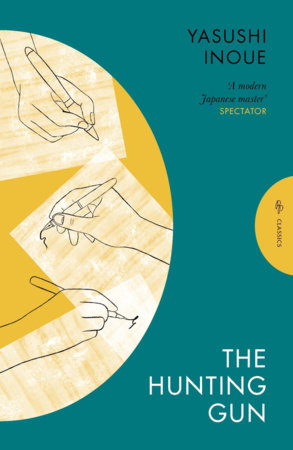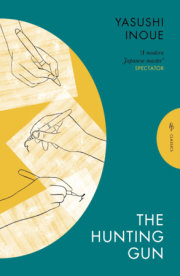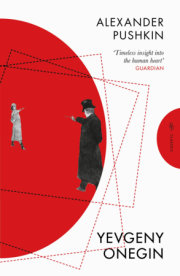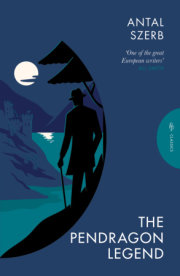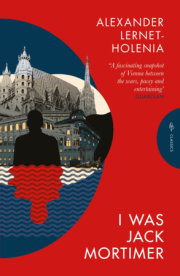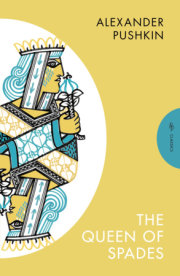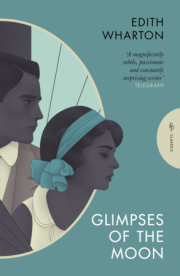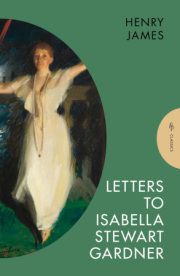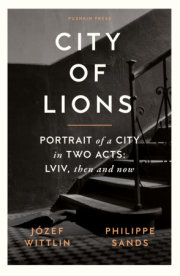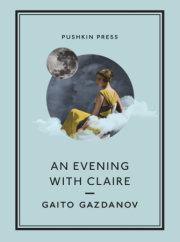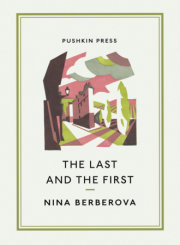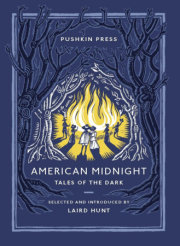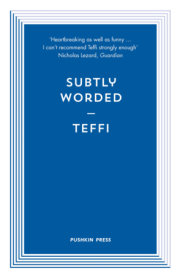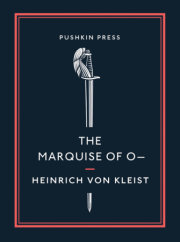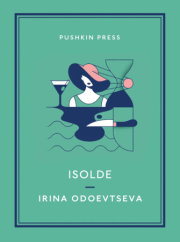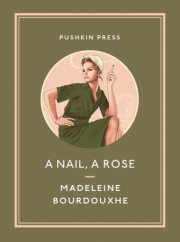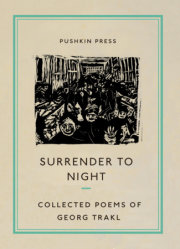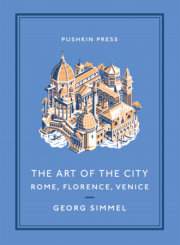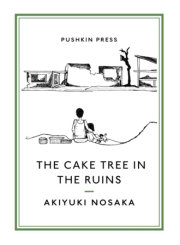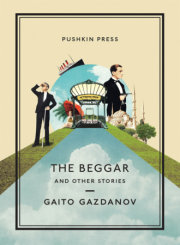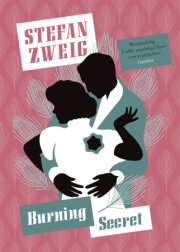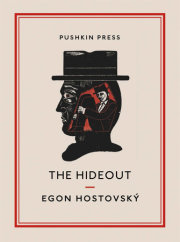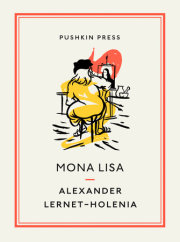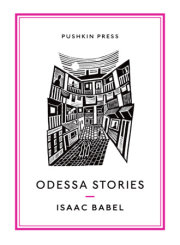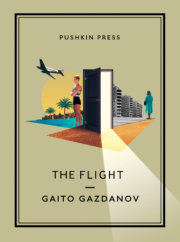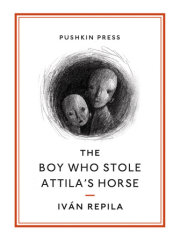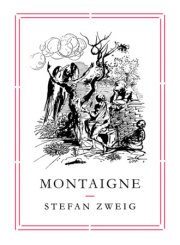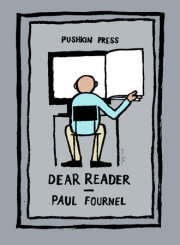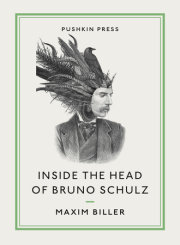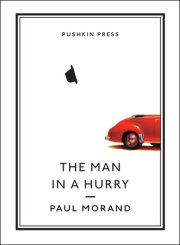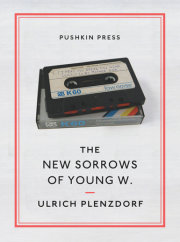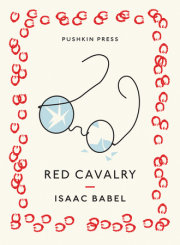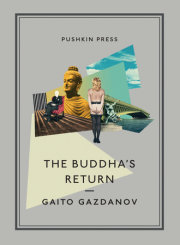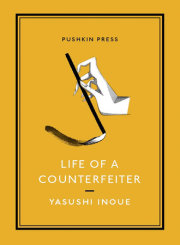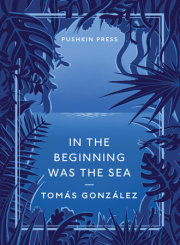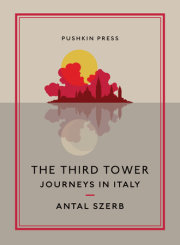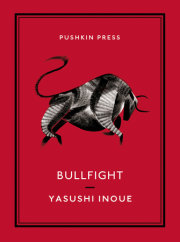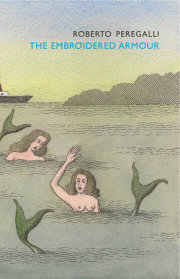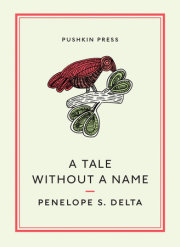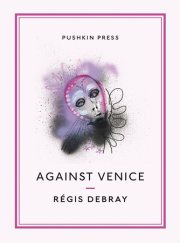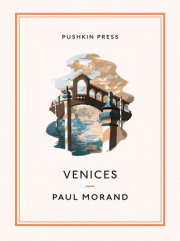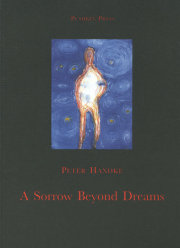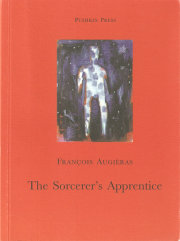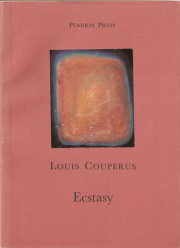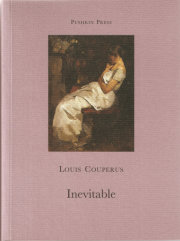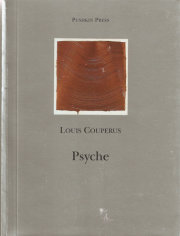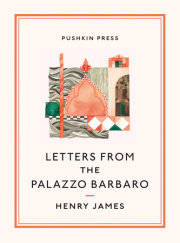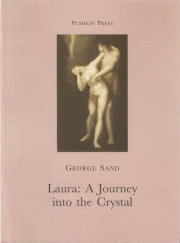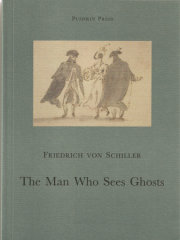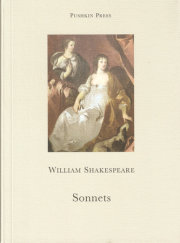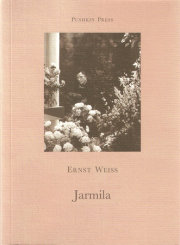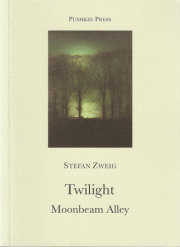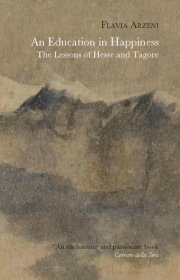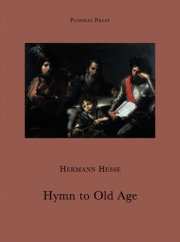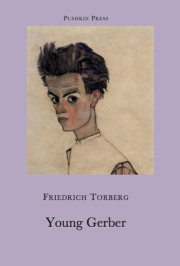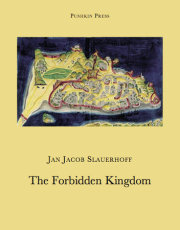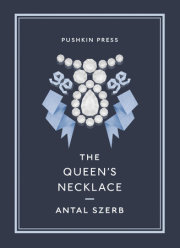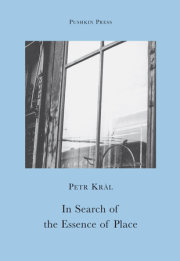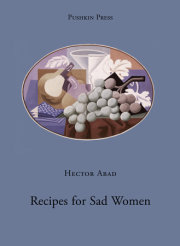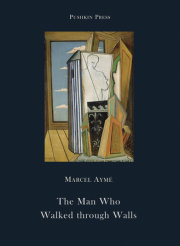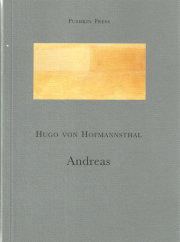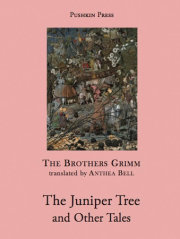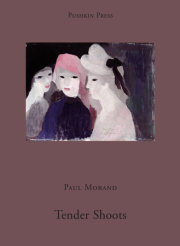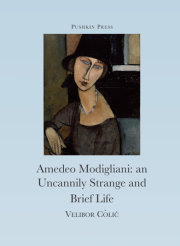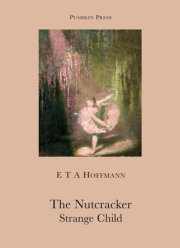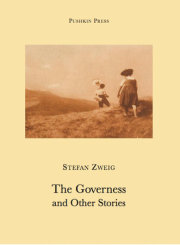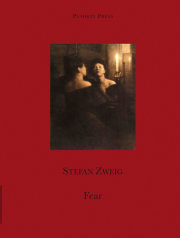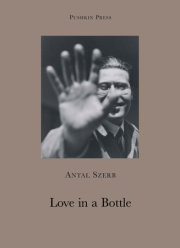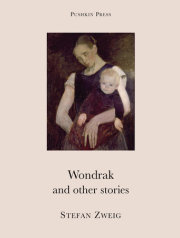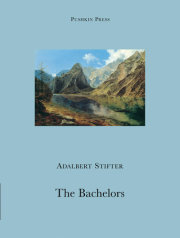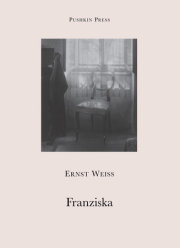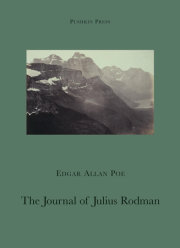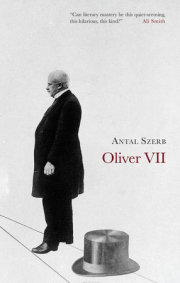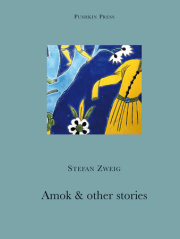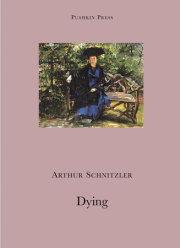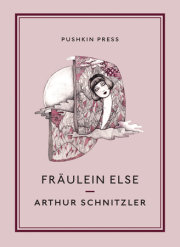"You will no doubt be puzzled by what I am about to explain, coming as it does out of the blue, but I have here three letters that were addressed to me. I intended to burn them, but now, having read your poem and learnt of your existence, I find myself wanting to share them with you. I will send them, along with my sincere apologies for disturbing you, under separate cover; I hope only that should you have a moment to spare you might be so gracious as to peruse them, understanding that I have no other motive in sending them to you than this. I would like for you to understand the ‘desolate, dried-up riverbed’ you glimpsed within me. We humans are, in the end, stupid creatures who cannot help desiring that someone know us as we are. I have never felt such a yearning, but now that I know you are out there, and know of the special interest you have so kindly taken in me, I would like you to know everything. Once you have read the letters, you may destroy all three in my stead. I might add that when you saw me in Izu, it was most likely shortly after these letters came into my possession. My interest in hunting goes back several years, however, to a period when I was not as utterly alone as I am today, when my life, in both its public and its private dimensions, was without major disruption. Already, then, I could not do without the hunting gun on my shoulder. I mention this by way of closing."Two days after I read these words, the three letters arrived. Like the first, the envelope they came in bore the name "Misugi J?suke, Izu Inn". The letters had been written to him by three women, and when I read them… no, I will refrain from describing what I felt. I will simply transcribe the three letters below. I might note in conclusion, however, that although I checked various Who’s Whos and social registers and the like, suspecting that this man Misugi must be a prominent member of society, his name did not appear in any of them, suggesting that it was a pseudonym he had adopted for the sake of his communications with me. Finally, I have filled in with the name he chose those of the numerous blacked-out spaces in the letters where the man’s name had obviously once been legible, and I have altered the names of all the other people who appear within them.
Shoko’s LetterUncle, Uncle J?suke.
It’s hard to believe three weeks have gone by since Mother died. People stopped coming to pay their respects yesterday, more or less, so all of a sudden the house has grown very quiet, and at last I can really feel how sad it is that Mother is gone. I’m sure you must be feeling totally worn out. I can’t thank you enough for all you did, taking care of everything from planning the service to contacting all the relatives, even troubling yourself about food for the wake—and then on top of all that, since the circumstances of Mother’s death were so unusual, going to talk so many times with the police for me. You truly thought of everything. And then of course you had to rush off immediately to Tokyo on business… I hope you don’t get sick from having exerted yourself too much.
Assuming you were able to stick to the plan you had when you left, though, you should be done with everything in Tokyo by now, and be back in Izu gazing out at the beautiful woods—that bright but somehow cold and moody landscape I know so well, that looks like a picture on a china dish. I’ve put pen to paper, in fact, hoping that you will read this letter while you are still in Izu.
I was going to try and write the sort of letter that would make you want to go out and stand in the wind with your pipe in your mouth, but I don’t have it in me. For some time now I haven’t been able to get past this point—I don’t know how many sheets of paper I’ve wasted. This isn’t how I wanted it to be. I just wanted to explain very honestly how I’m feeling right now, so that you will understand, and I’ve planned out any number of times how to do it, I practised writing this letter, but the second I take up my pen everything I want to say washes over me all at once… no, that isn’t really right, either. It’s the sorrow that pours over me, like the white crests of the waves in Ashiya on a windy day, confusing me. I’ll force myself to write, though, even so.
All right, Uncle—I’ll still use this term of affection, as I always have—here goes: I know about what happened, about you and Mother. I learnt the whole thing the day before she died. Because I read her diary without her knowing.
I can’t even imagine how awful it would have been if I’d really had to say those words. I probably couldn’t have got a single word out, no matter how hard I tried to stay calm. I was only able to do it because this is a letter. Not because I’m shocked, or scared. I just feel sad. So sad my tongue goes numb. Not sad about you, or about Mother, or myself. It’s everything, all around me—the blue sky, the October sunlight, the bark of the crape myrtle, bamboo leaves rustling in the wind, and the water and the stones and the earth, all of nature, all I see, takes on this sad colouring the second I open my mouth to speak. Ever since I read Mother’s diary, I’ve started noticing that maybe two or three times a day, or sometimes even five or six, the whole natural world, everything around me, is suddenly awash with a sad colour, as if the sun is setting. All I have to do is remember you and Mother and my world is completely transformed. Did you know, Uncle, that in addition to the thirty or so colours such as red and blue that you find in a paintbox, there is a separate sad colour, and that this sad colour is something you can really see?
What happened between you and Mother has shown me that there is such a thing as love no one blesses, love that must not be blessed. Only the two of you, no one else, could ever know how much in love you were. Not Aunt Midori, not me, not any of our relatives. None of our neighbours, not the people across the street, not even your best friends knew—and they couldn’t. Now that Mother has died, only you know. And when you die, Uncle, not one person on this planet will even suspect that this love of yours existed. Until now, I always believed love was as bright as the sun, dazzlingly so, and that it should be eternally blessed by God and all the people around you. I knew love was like a clear stream that sparkled beautifully in the sun, and when the wind blew any number of soft ripples skittered across its surface, and its banks were gently held by the plants and trees and flowers, and it kept singing its pure music, always, as it grew wider and wider—that’s what love was to me. How could I have imagined a love that stretched out secretly, like an underground channel deep under the earth, flowing from who knew where to who knew where without ever feeling the sun’s rays?
For thirteen years Mother deceived me. She was still deceiving me when she died. I never dreamt we could have any secrets from each other, no matter what happened. She used to say so herself, that we were mother and daughter, after all. The only thing she never talked about was the reason she and Father had to break up; she said I wouldn’t understand until it was time for me to get married myself. That made me want to grow up as quickly as I could. Not because I wanted to know what happened between Mother and Father, but because I thought having to keep that knowledge bottled up inside her must hurt Mother a lot. And it did, in fact, seem to be very painful. It never even occurred to me, though, that Mother might be keeping an altogether different secret from me!
When I was a girl, Mother used to tell me this story about a wolf who was enchanted by the devil and tricked a little rabbit. The wolf was turned into a stone for what he did. Mother tricked me, and she tricked Aunt Midori, and she tricked everyone else… it’s just incomprehensible. The devil who enchanted her must have been one terrible devil. Come to think of it, Mother used the word wicked in her diary. The two of you were going to be wicked, she said, and if you were going to do it anyway you might as well be thoroughly evil. Why didn’t she write that she had been possessed by the devil? My poor mother, so much unluckier than the wolf who tricked the rabbit! And to think someone as gentle as Mother, and as gentle as you, Uncle J?suke, whom I love so much, could have decided to be wicked—to be evil, in fact! How heartbreaking to love someone, but only be able to hold on to that love if you give yourself up to evil! When I was a girl, someone once bought me a round glass paperweight with a fake red petal inside it during the festival for Sh?ten at the temple in Nishimiya. I took it in my hand and started walking, but before long I began to cry. I’m sure at the time no one understood why I had suddenly burst into tears. I had been overcome by sadness, all at once, because I imagined how that petal must feel, frozen in the cold glass, motionless, even when spring came, and then when autumn came, poor petal, crucified in the glass. I feel the same sadness now. Your poor love, sad as that petal!
Copyright © 2014 by Yasushi Inoue. All rights reserved. No part of this excerpt may be reproduced or reprinted without permission in writing from the publisher.

